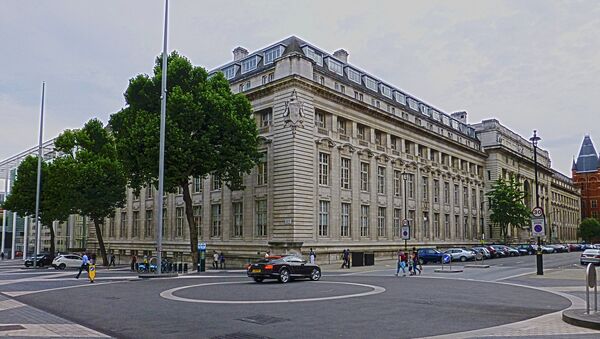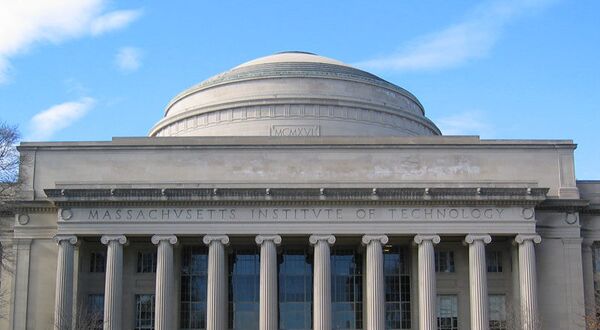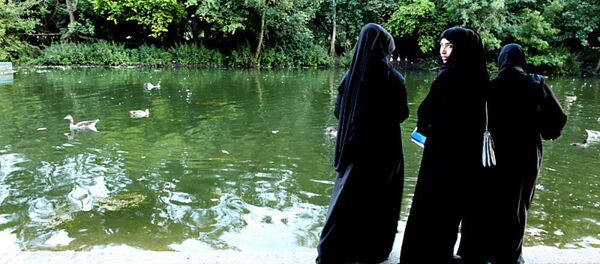LONDON, December 2 (Sputnik), Mark Hirst – An investigation, conducted by the National Audit Office (NAO), revealed on Tuesday that private higher education colleges may have received over $78 million of public funds for courses for thousands of unregistered students.
"These [private] colleges risk doing serious damage to our proud international reputation for excellence and it is quite staggering how long it took for proper investigation to happen," Sally Hunt, General Secretary at England's largest trade union and professional association of lecturers and academics, told Sputnik.
"We are pleased the misuse of public funds is finally being brought to light, but we remain angry that it took so long to happen," Hunt added.
In a report, published Tuesday, the NAO also found the drop-out rate of students was five times higher than for students in established, non-privately run colleges and universities.
The issue will be the focus of a Parliamentary investigation when the Public Accounts Select Committee takes evidence, December 15, from the Student Loans Company and the UK Government Department; Business, Innovation and Skills (BIS).
"We look forward to BIS and the Student Loans Company explaining themselves in front of the Public Accounts Committee later this month. A quick study of what had happened in America would have told a worrying tale of private institutions raking in state money. Future governments need to study today's report and the sector's failings when it comes to dealing with privatization," Hunt said.
One of the colleges singled out in the NAO report was the London School of Science and Technology (LSST) with auditors, citing the sharp intake of foreign students as a factor in the college's 49 percent dropout rate in 2011/2012.
The BIS has now placed the college on a six month "probationary period" over its failure to manage attendance properly.
Sputnik News invited LSST to respond to the findings in the report, but the college declined the request.
In a statement a spokesman for the BIS Department said, "The drop-out rates at a small number of alternative providers have been higher than the average amongst alternative providers. The NAO have made a helpful recommendation on drop-out rates which we will consider as part of our ongoing strengthening of the regulation of the network."




